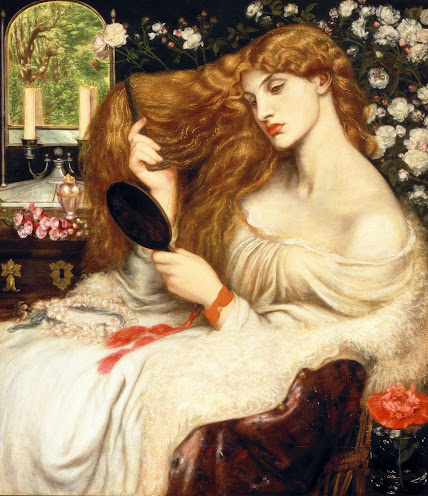A Conversation with Lucy Rose
Firstly, I loved The Lamb! You’ve crafted such a beautifully vivid world that is provocative and haunting, but also somewhat refreshing in its commitment to subverting feminine ideals. Similarly to the work of Angela Carter, it is clearly a novel inspired by folk stories, fairy tales and horror movies, but it’s such an original re-working of well-trodden themes. How did you come up with the premise?
I first started writing The Lamb as a series of what I thought were unconnected flash fictions. I’ve always said that flash fiction is perfect for horror because it allows for such short bursts of terror and it’s the perfect place to experiment with tension and dread. Then I realised about 15,000 words into these almost-vignettes, these short bits and pieces, that I was actually writing about the same family. In some versions they ate human flesh and in some versions they didn’t, but that was where the idea started in terms of the writing process. I always knew that I wanted it to feel like a folk tale. I’m a huge lover of oral tradition and it was a huge part of my life growing up because I grew up really rural in the arse-end of nowhere - can I say arse-end?
Yeah, I love it!
[Laughs] Okay, well I didn’t have a TV growing up either so oral stories were a huge part of how I interacted with the world in lieu of television. So I kind of fell into it by accident, really.
The influence of oral tradition is clear but I also think it’s a very visual novel. You’re also a filmmaker. How does your expertise in that area inform your vision when writing a novel?
I think what my film background has given me is an understanding of all the different pieces of storytelling. When I was trying to set the scene in any given chapter in the book, I channelled my production designer, Poppy, who is just the most incredible production designer in the world. Every trinket she places in a space is placed there with such intention, not just the object but how it’s placed. She spends a lot of time thinking about specific objects, how they’re made, where they’re made, how the character would have come across the object and she’s very thoughtful. Space in a novel is so important because in a film, it’s just there, it’s just a backdrop but in a book it is something you feel, you don’t necessarily see it. So it was about channelling all of those other experiences from working in film that I have been, honestly, very privileged to have and using those experiences to strengthen the world of the novel. I think world-building is such a huge part of the book, because it’s from Margot’s point of view and is so vivid because she is quite young, so that had to be really believable for everything else to land in the way that it does.



Comments
Post a Comment